Professor Huseyin Dogan was honoured with both the Best Service Award and the Best Paper Award at the 2025 IEEE International Conference on Artificial Intelligence held in Silicon Valley, USA. This recognition highlights the importance of Human-Centred AI and Professor Dogan’s valuable contributions to the area.
Professor Dogan travelled to Silicon Valley in May 2025, supported by funding from Google, USA, to lead a special track focused on Human-Centred AI. The track included 24 paper presentations and addressed the crucial need for ethical considerations in the development and application of both autonomous and collaborative Human Centred AI systems.
The conference organisers stated that “these honours are a testament to Prof Dogan’s outstanding contributions and dedication to the field.”
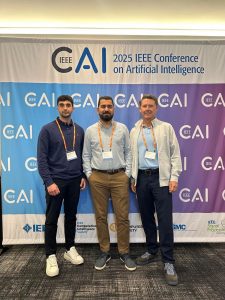
Bournemouth University’s commitment to shaping the future of User Experience (UX) and Human-Centred AI extends beyond this prestigious conference. Professor Dogan also recently led a highly anticipated workshop at CHI 2025 in Yokohama, Japan, on “Defining a User Experience Research Point of View” also funded by Google. The ACM Conference on Human Factors in Computing Systems (CHI) is globally recognised as the premier international forum for research in human-computer interaction.
This influential CHI workshop was a collaborative effort, organised alongside leading experts in the field: Stephen Giff (Google, USA), Renée Barsoum (Admiral, UK), Elizabeth Churchill (MBZUAI, formerly of Google and the ACM), and Alan Dix (Swansea University, Wales, UK). The participation of such prominent figures highlights the significance of the topic and BU’s contribution to the international research community.
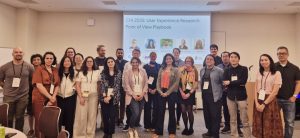
These recent successes highlight Bournemouth University’s growing influence in the critical field of Human-Centred AI and User Experience research. Through international collaborations and impactful engagement at leading conferences like IEEE AI and CHI, the university is actively contributing to the discussion around developing AI systems that are both effective and aligned with human values.



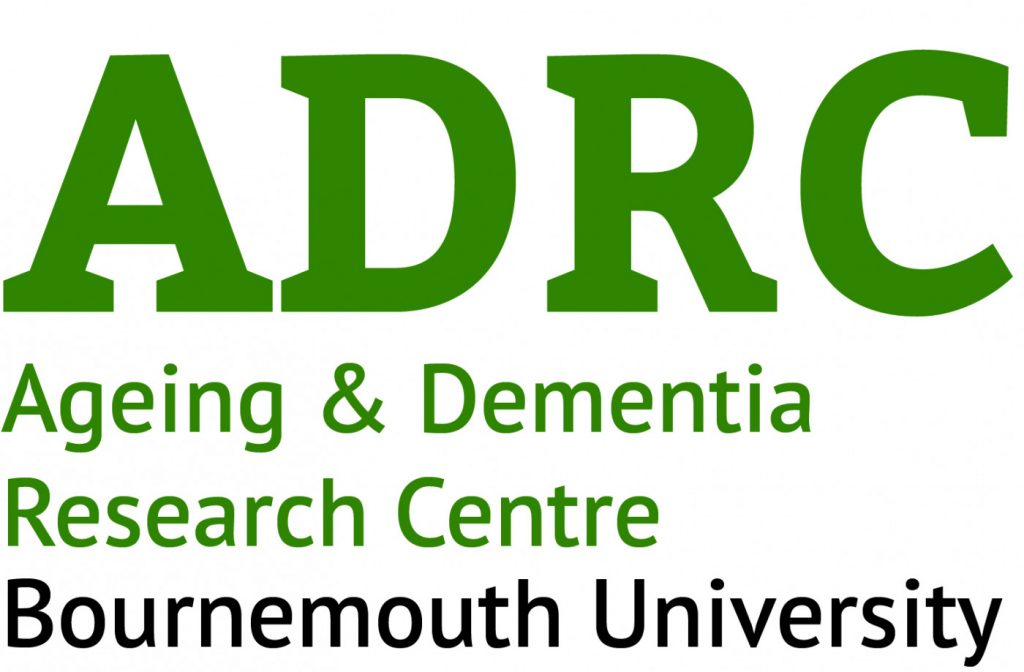

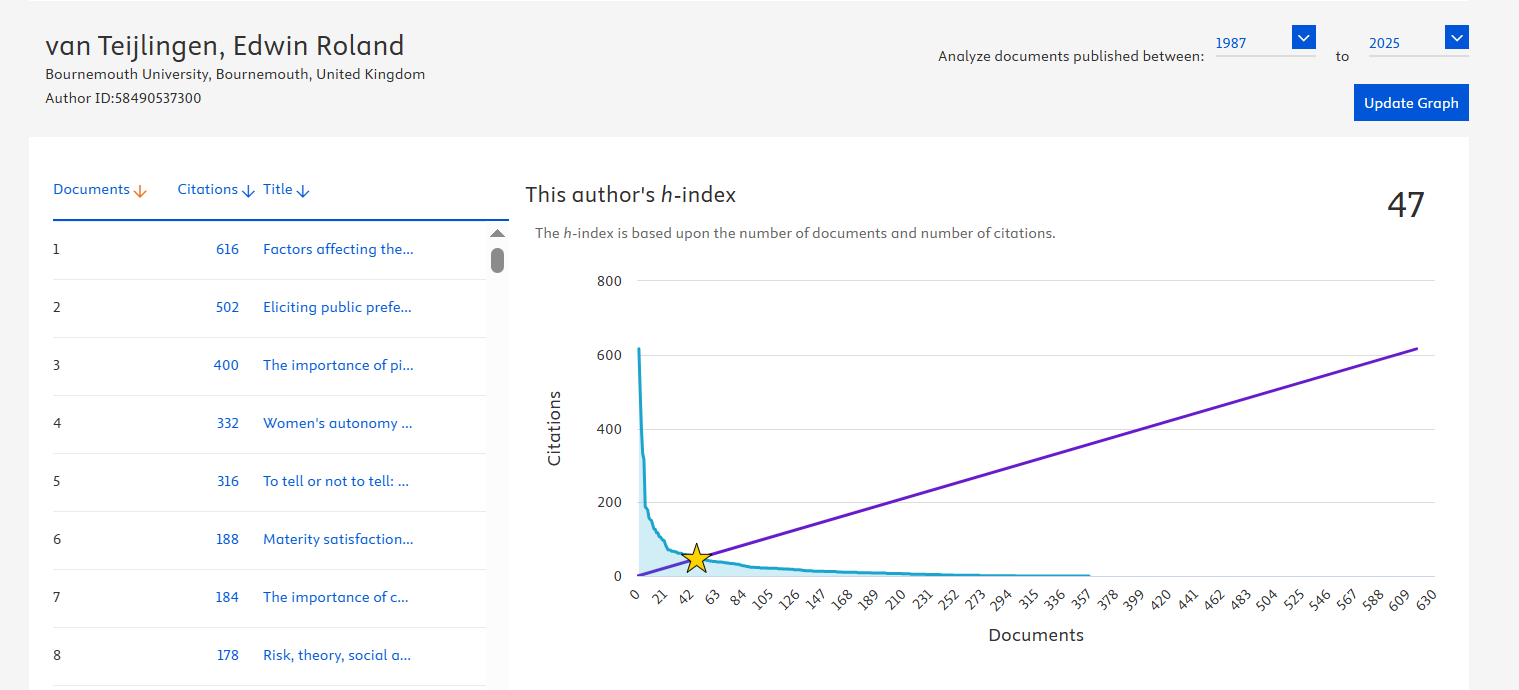

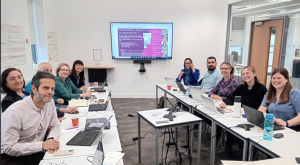
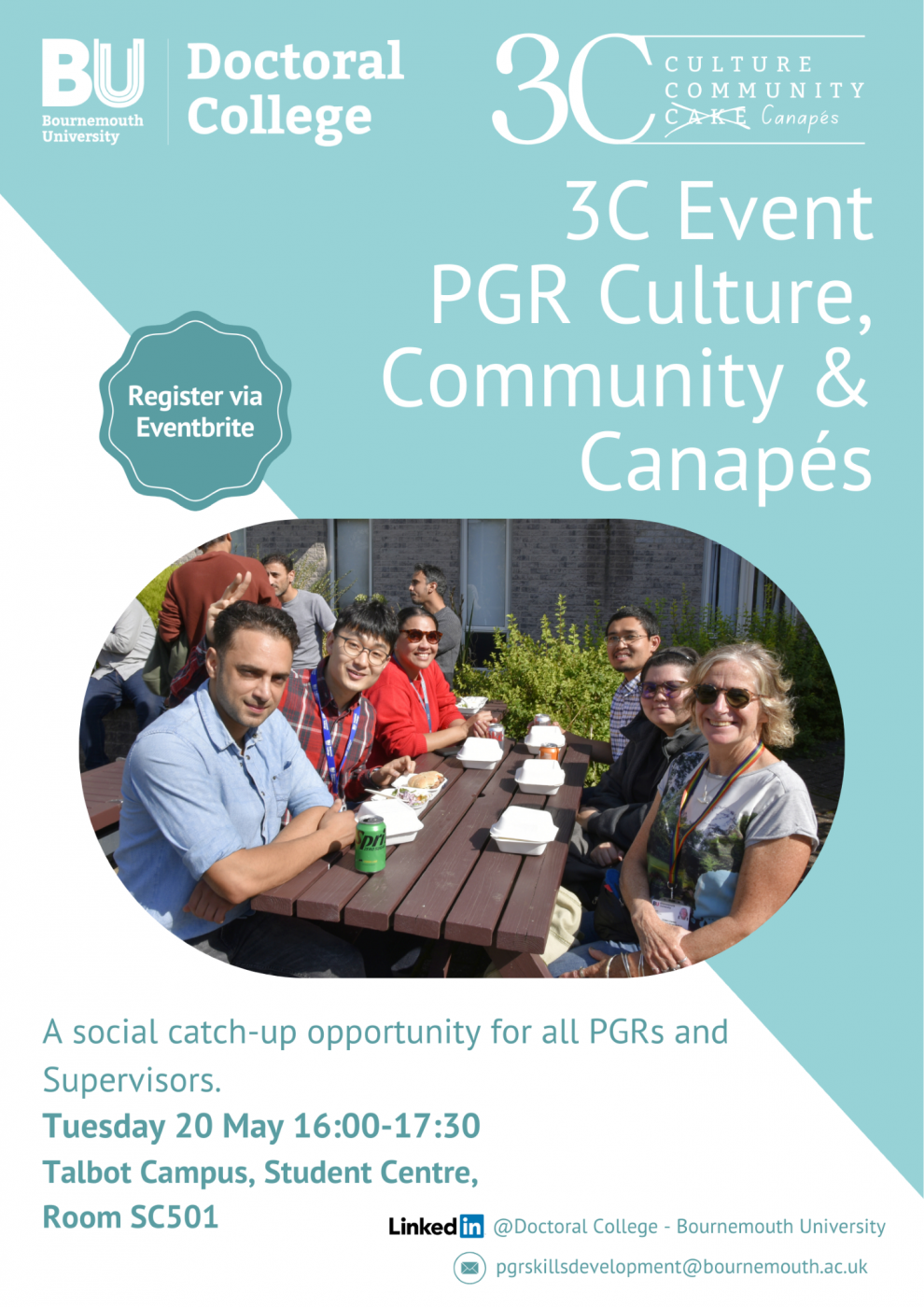
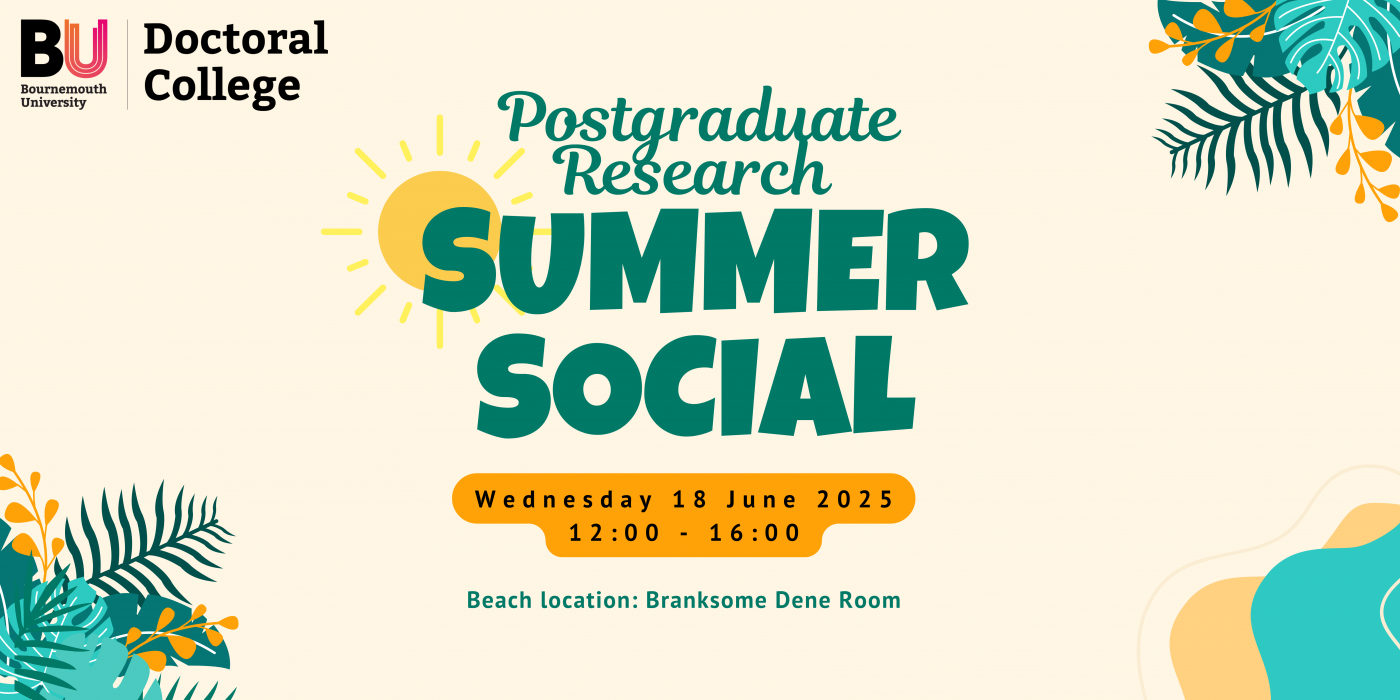
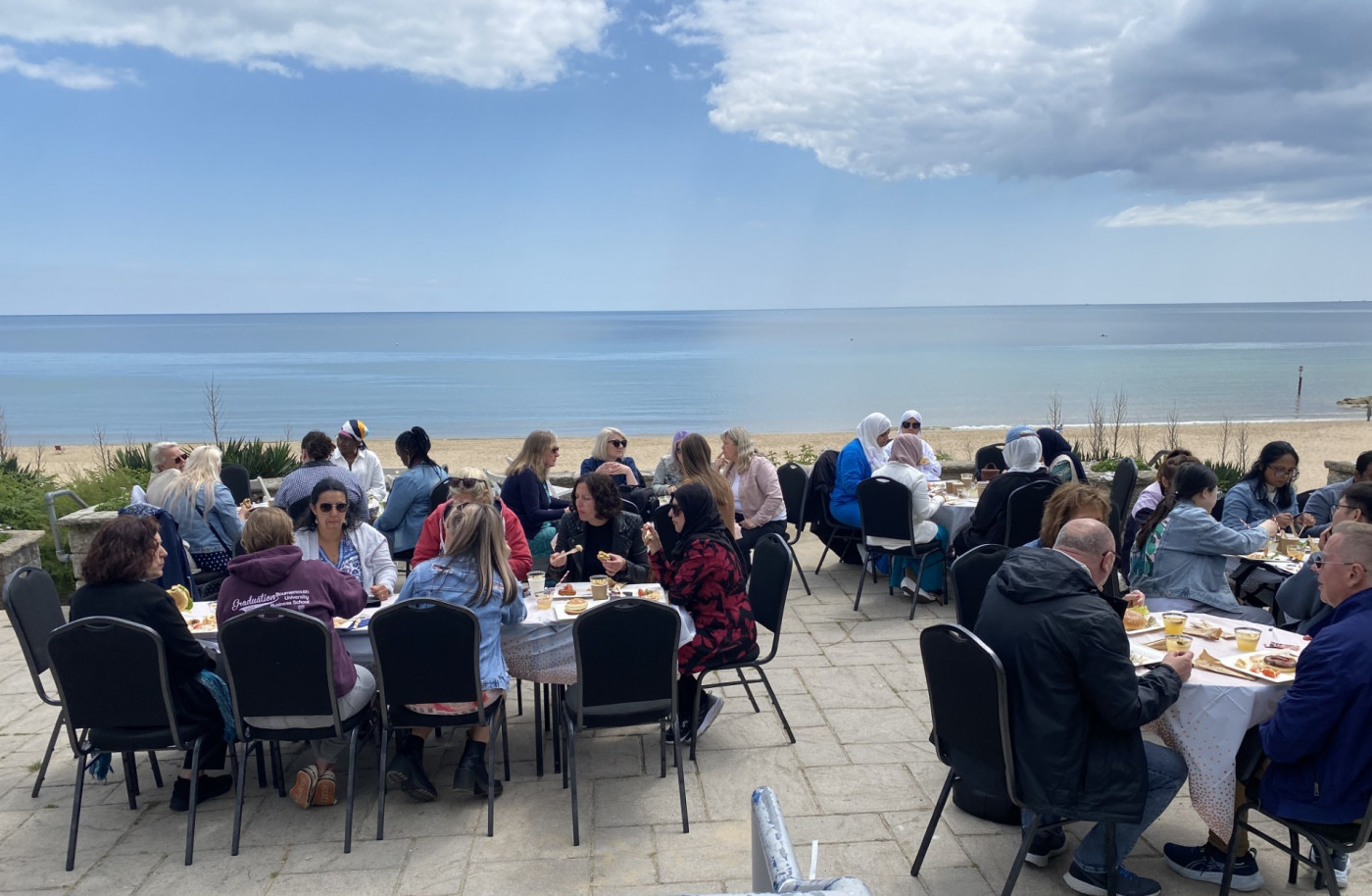

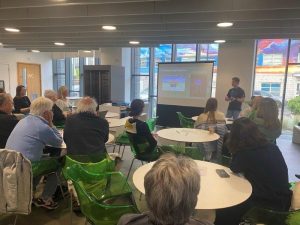
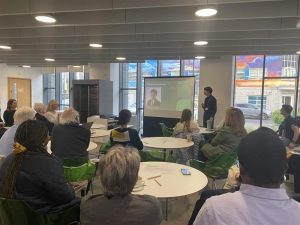



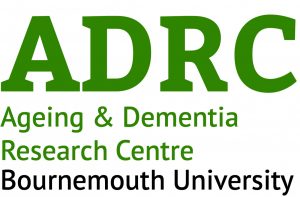



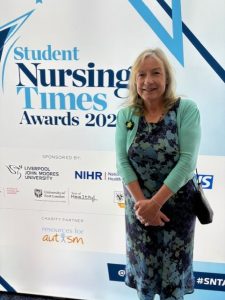 Congratulations to Sarah Moreton, PhD student at Bournemouth University, who was nominated and shortlisted for her research into the challenges faced by the nursing workforce in implementing the COVID-19 vaccination programme during the pandemic. A great achievement Sarah – very well done.
Congratulations to Sarah Moreton, PhD student at Bournemouth University, who was nominated and shortlisted for her research into the challenges faced by the nursing workforce in implementing the COVID-19 vaccination programme during the pandemic. A great achievement Sarah – very well done.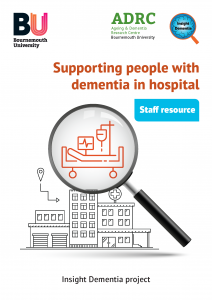



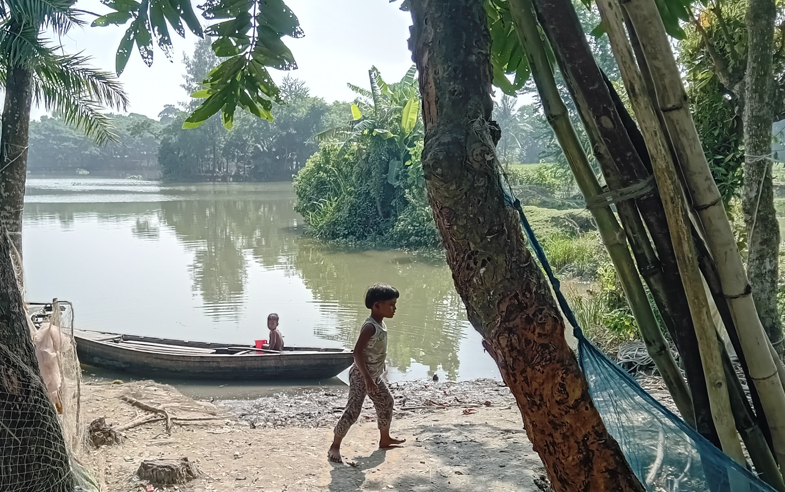












 Expand Your Impact: Collaboration and Networking Workshops for Researchers
Expand Your Impact: Collaboration and Networking Workshops for Researchers Visiting Prof. Sujan Marahatta presenting at BU
Visiting Prof. Sujan Marahatta presenting at BU 3C Event: Research Culture, Community & Can you Guess Who? Thursday 26 March 1-2pm
3C Event: Research Culture, Community & Can you Guess Who? Thursday 26 March 1-2pm UKCGE Recognised Research Supervision Programme: Deadline Approaching
UKCGE Recognised Research Supervision Programme: Deadline Approaching ECR Funding Open Call: Research Culture & Community Grant – Apply now
ECR Funding Open Call: Research Culture & Community Grant – Apply now ECR Funding Open Call: Research Culture & Community Grant – Application Deadline Friday 12 December
ECR Funding Open Call: Research Culture & Community Grant – Application Deadline Friday 12 December MSCA Postdoctoral Fellowships 2025 Call
MSCA Postdoctoral Fellowships 2025 Call ERC Advanced Grant 2025 Webinar
ERC Advanced Grant 2025 Webinar Update on UKRO services
Update on UKRO services European research project exploring use of ‘virtual twins’ to better manage metabolic associated fatty liver disease
European research project exploring use of ‘virtual twins’ to better manage metabolic associated fatty liver disease